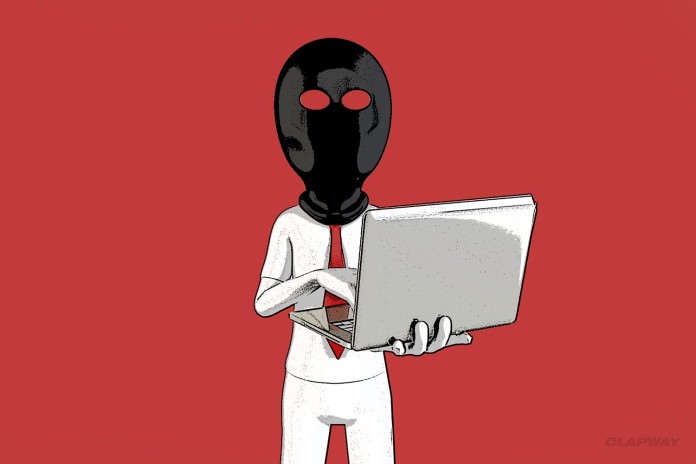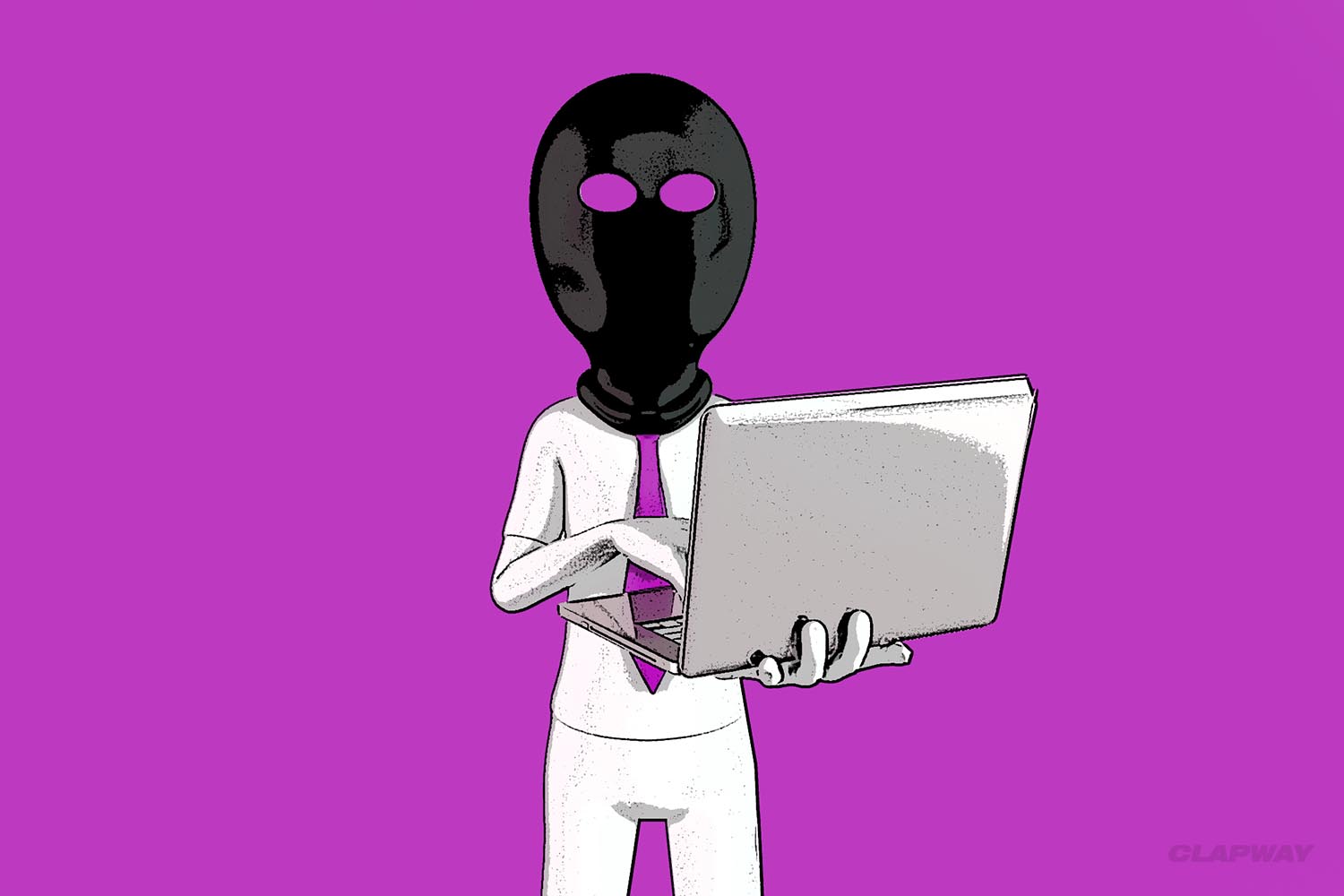
A Moscow-based cyber defense organization recently announced that a hacker has used malware in order to infiltrate the security of a regional bank in Russia. The crisis, while only lasting about fifteen minutes, caused a significant disruption in the ruble-dollar rate.

HACKER USES MALICIOUS SOFTWARE TO CAUSE 2015 CRISIS
The hacker was able to infect a regional bank by deploying a virus called the Corkow Trojan back in February of 2015. Now, just a year later, Russia has determined the route of the financial crisis. The nature of this malicious software allows one to go in through the back door of computers. This is done through what seems to be legitimate files and websites that are used as vessels to carry out orders from the hacker.
CORCOW VIRUS INFECTS RUSSIA
The Corcow virus has successfully evaded capture by Russia due to its regular updates that help it avoid anti-virus programs. The virus has infected 250,000 computers around the world, most of them belonging to financial institutions. According to cyber intelligence in Russia, this is the first documented attack of the virus in the country. Corcow is sophisticated to the point where once the hacker and malware have penetrated the network, it has the ability to infect other devices that aren’t even connected to the internet.
MONETARY EFFECTS, AUGUST ATM ATTACK CAUSE CONCERN
While just lasting under fifteen minutes, the crisis was able to inflict a noticeable difference on markets in Russia. The attack caused exchange rates to fluctuate from 55 to 66 rubles per dollar. A major difference from the rate at the time. Due to the trades, the bank has estimated a loss of approximately $3.2 million (244 million rubles). Whether or not the hacker profited from the attack is still unknown.
On top of this damage, the virus was found again in August, this time targeting Russian ATM’s. This particular crisis led to millions of rubles being stolen. According to sources, Corkow was able to infiltrate the bank system through the way of e-mail. Criminal group Metel is understood to be responsible for the crisis. According to Kaspersky, their influence has the potential to affect world markets if not dealt with soon.

















